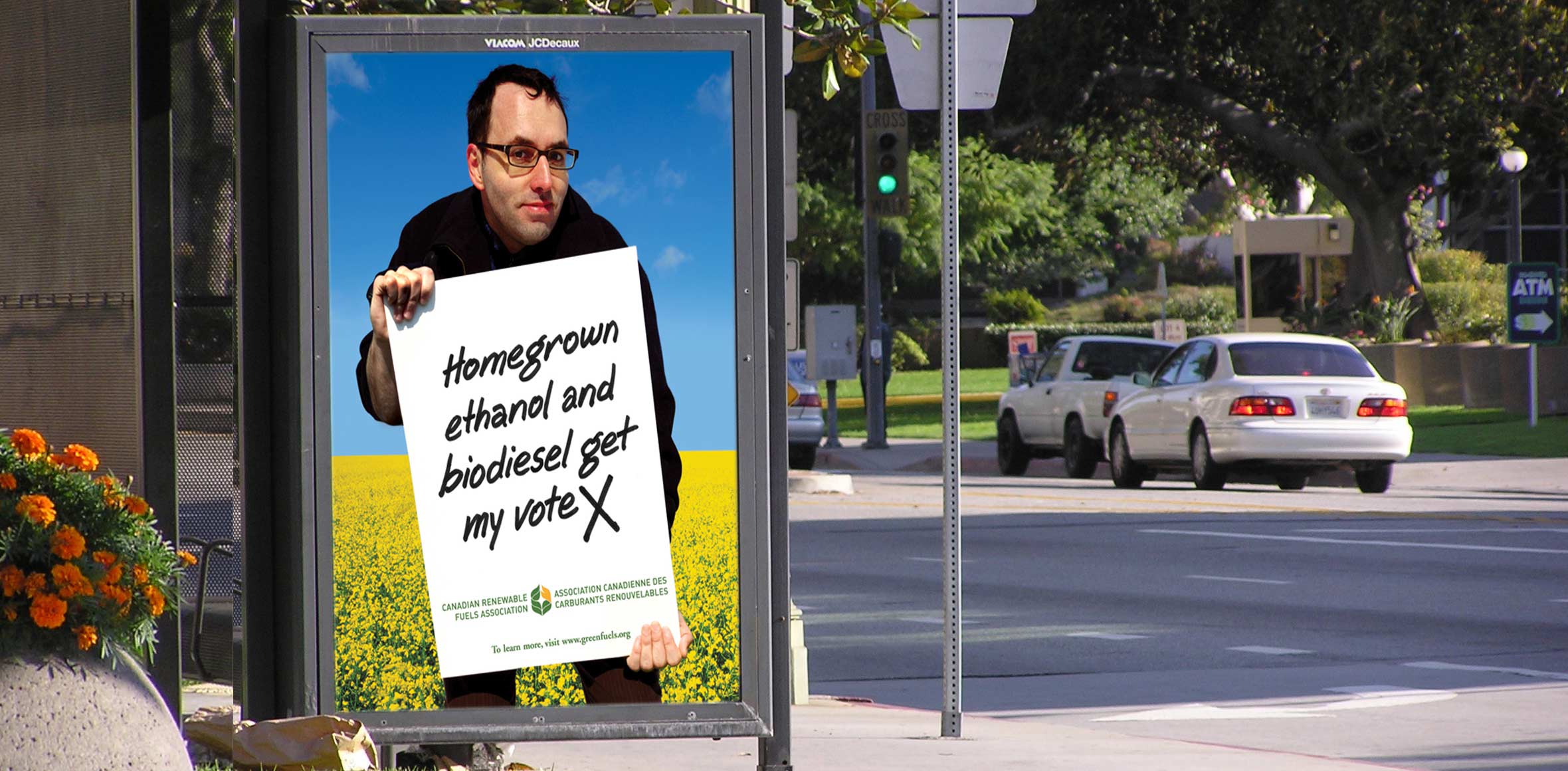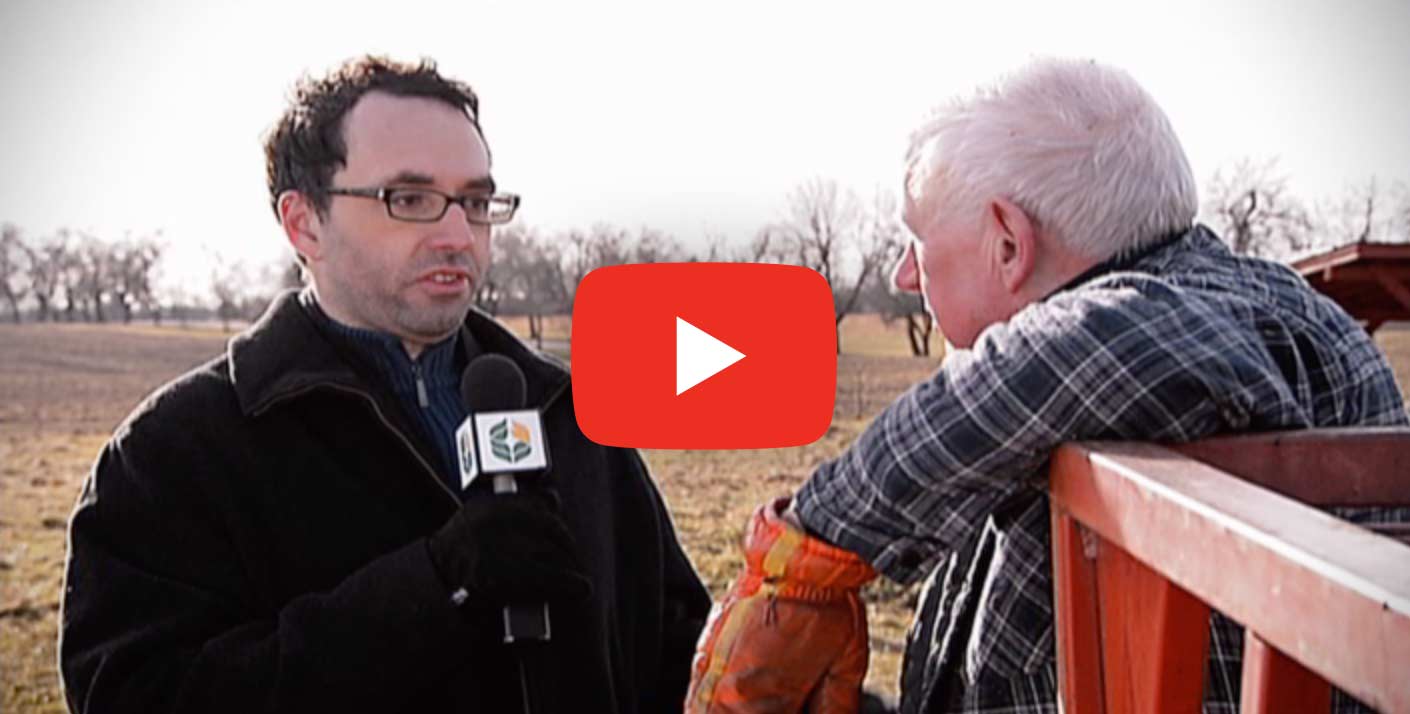Canadian Renewable Fuels Association
The Canadian Renewable Fuels Association (CRFA) is a non-profit organization in Canada, created in 1984. In 2016, CRFA re-launched under the name Renewable Industries Canada (RICanada). The change reinforced the 32 year-old non-profit association’s mission to promote the use of value-added products made from renewable resources. RICanada represents the interests of over 30 member companies, and is Canada’s leading voice in promoting the role of renewable fuels and value added products in reducing GHG emissions. Its purpose is: to promote the use of value-added products made from renewable resources through consumer awareness and government liaison activities.
Industry
— Resources & energy
— Associations
Branding to
— Be better understood
— Articulate value
— Improve corporate reputation
— Become known
— Grow marketshare
Services
— Advertising & promotion
— Marketing collateral design

The Situation
The Conservative Party of Canada made an election promise to legislate a 5% minimum bio-fuel content in gasoline by 2010 which would benefit Canadian corn growers and bio fuels producers. CRFA wanted to ensure that the 5% promise was upheld and financial supports were included in the 2007 budget so that Canadian farmers and refiners could compete with US sources. The newly elected Conservative party was supportive of renewables but had other priorities and an overall mandate to cut government expenses. The challenge was to get on the government’s radar and stay there through the budget planning process.
Human catalyst
Win favour by promoting the government’s agenda without the public realizing it.

Our Solution
The brand strategy aimed to demystify the renewable fuels issue by using a creative solution that included ‘man in the street’ interviews to break down the key components of the issue: energy security for Canada from a non-fossil fuel source, support for Canadian farmers and lower GHG emissions.
The interviewer was chosen for his Rick Mercer-type delivery that could disarm the public and make the issue approachable. The TV media plan targeted ridings where the Conservative Party had won or lost in 2006 by +/-10% which ensured that the environment/renewable fuel theme would show up as a “voter determinant” in polling. This was supported by tactical outdoor and newspaper aimed at ridings that key policy makers represented.
The Yield
The government of Canada allocated $2 billion to renewable energy, the highest single budget disbursement in the 2007 budget.
Tracking research showed a dramatic +10% rise in public interest in renewable fuels as an alternative to fossil fuels following the branding campaign and there was +7% increase in perception of the government’s handling of the environment in only 4 months despite withdrawing from the Kyoto agreement.



